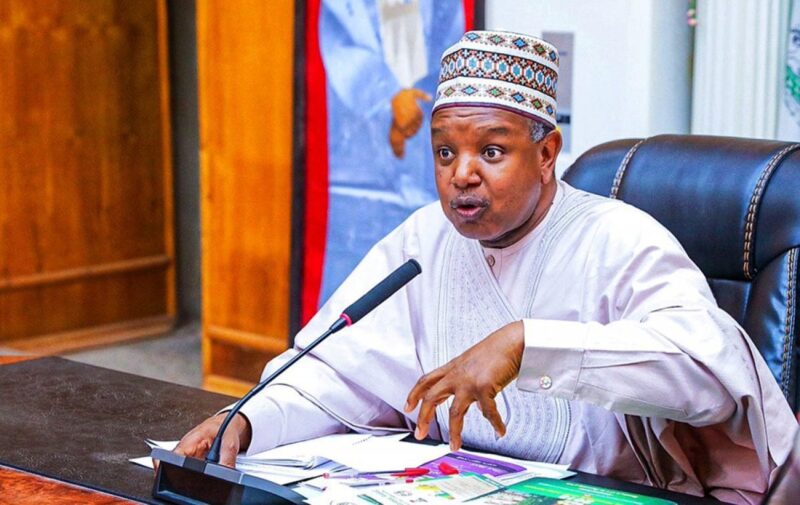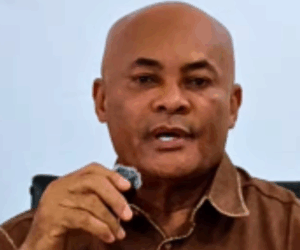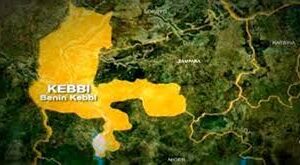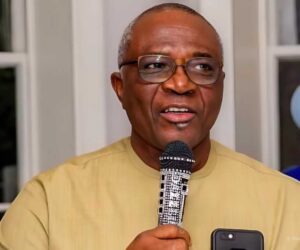The Nigerian government has set an ambitious five-year target to eliminate poverty that has more than doubled since the current administration introduced policies that have thrown more people into the poverty cycle.
Minister of Budget and Economic Planning, Atiku Bagudu, made the disclosure on Monday at the opening ceremony of the 31st Nigerian Economic Summit #NES31 in Abuja.
Bagudu said the administration was “optimistic that by 2030, we will have eliminate poverty and reduce multidimensional poverty to the nearest minimum”.
According to the World Bank, poverty among Nigeria’s rural dwellers surged to a worrying 75.5 percent, underscoring growing inequality and severe economic hardship nationwide.
The minister said government was also determined to enhance macroeconomic predictability and improving reforms that would position Nigeria for a long-term prosperity.
Bagudu stressed that President Bola Tinubu-led administration was prioritising job creation in digital skills, agriculture, creative economy and innovation.
He added that government will generate more growth, unlock potential, while stating that the government value input from the private sector.
However, the Nigerian Economic Summit Group said bogus plan that includes economic recovery, achieving industrialisation and reaching the $1 trillion economy target can only be achieved through deliberate policy calibration and creation of macro-economic stability.
“There is still work to be done. The interest rate today do not encourage investment,” the vice chairman of the NESG, Omoboyede Olusanya, said at the event.
“We need to have excess agricultural production, we need infrastructure development. We need to get investment and capital mobilisation. We need to get private sector funding by ensuring de-risking, investment protection, and security,” Olusanya said, while also calling for a deliberate step towards ensuring human capital development.








